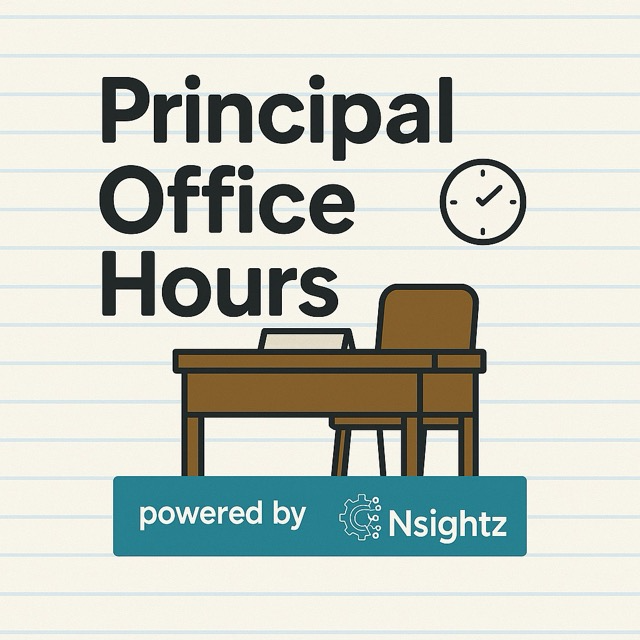Why Building a Coaching and Mentoring Culture is Critical for Employee Engagement
The half-life of skills has fallen to between two and a half to five years, which means that skills that took years to build can become irrelevant in a short time. Therefore, it's important to equip managers to be coaches and mentors. The 70 2010 model is a useful framework for developing individuals, with 70% of learning coming from on-the-job training, 20% from coaching and mentoring, and only 10% from formal training. While formal training is essential, managers need to be trained on how to be coaches and mentors. Senior leaders and individuals who have been coached before can serve as role models. Managers also need technology to function well as coaches, to make sense of what's going on in their organization and to track progress. Continuous feedback is an essential component of coaching, and managers should be giving and receiving feedback from their team to build a coaching and mentoring culture.
Timestamp
0:00:00 Introduction to the importance of building a coaching and mentoring culture within a company due to the decreasing half-life of skills.
0:00:55 Explanation of the 70 2010 model for individual development, with 70% coming from on-the-job learning, 20% from coaching and mentoring, and 10% from formal training.
0:02:16 Managers need training to be effective coaches and mentors, and technology is necessary to track progress and provide continuous feedback.
0:02:52 Continuous feedback is a crucial building block of coaching, and managers should be providing it to their teams.
0:03:08 Conclusion and call to action to follow EngageRocket on LinkedIn for more tips on helping midsize companies do more with less.
Transcript
Building a Coaching and Mentoring Culture
CT Leong: [:Has fallen to between two and a half to five years. What exactly does this mean? It means that the skills that we've taken our entire schooling career to build, and in some parts decades of our careers can now become irrelevant in as short as two and a half to five years. Therefore, it's really important to be able to equip managers to be coaches and.
model means is that [:We're responsible for certain things that constitutes 70% of our development. A crucial 20% comes from coaching and mentoring. This is an important component because what it does is it contextualizes all of that on the job learning and helps to accelerate the lessons that individuals can get from doing the job.
Only 10% of learning and human development comes from classroom lessons and formal training. Yet, in many organizations, we spend a lot of effort agonizing over that 10% and whether we're sending people for enough training hours and courses. That said, we do need to be able to equip our managers with the skills they need.
a training element to that. [:The second big component to this is actually technology managers to be able to function well as coaches. They actually need good technology to make sense of what's going on in their organization in their teams, and to be able to then use that technology to track progress as they're coaching their teams.
One of the examples that I'd like to bring up is continuous feedback. When we talk about coaching, if we think about coaches for sportsmen, they spend a lot of time giving feedback in the moment. To these athletes to be able to perform better and managers in the capacity of a manager should be doing the same.
Layer of continuous feedback [:Thanks for listening.


